English soldiers return to the scene of a battle fought three weeks previously and find the dead body of a German soldier, which still lies in the sun and is now decomposing. Beside it lies a photograph of his girlfriend back home on which she has written the word, ‘Vergissmeinnicht’ (German for forget-me-not).
Vergissmeinnicht Keith DouglasThree weeks gone and the combatants gone returning over the nightmare ground we found the place again, and found the soldier sprawling in the sun.The frowning barrel of his gun overshadowing. As we came on that day, he hit my tank with one like the entry of a demon.Look. Here in the gunpit spoil the dishonoured picture of his girl who has put: Steffi. Vergissmeinnicht. in a copybook gothic script.We see him almost with content, abased, and seeming to have paid and mocked at by his own equipment that's hard and good when he's decayed.But she would weep to see today how on his skin the swart flies move; the dust upon the paper eye and the burst stomach like a cave.For here the lover and killer are mingled who had one body and one heart. And death who had the soldier singled has done the lover mortal hurt.
Structure and Form
‘Vergissmeinnicht’ is set out in six stanzas of four lines each (quatrains). The rhyme scheme is irregular, with a full rhyme in some places and half-rhyme in others. This was a technique used by Wilfred Owens and is known as ‘pararhyme’. The rhythm varies too, with seven, eight, or nine beats per line. It is mostly iambic. We can assume that the poet has deliberately avoided traditional rhythm and rhyme schemes to illustrate the upset and reversal of norms caused by war.
Tone
Although the tone is somber it is almost matter-of-fact about the soldier’s death, and almost devoid of pity, with the exception of stanza five with the reference to his girlfriends and how this sight would make her ‘weep’. A sense of world-weariness prevails: that this is just another casualty of war, and at least he belonged to the enemy’s side. The language employed is simple and unsentimental, but this in no way detracts from the message of ‘Vergissmeinnicht’, that war is bloody and brutal.
Analysis of Vergissmeinnicht
First Stanza
Three weeks gone and the combatants gone
returning over the nightmare ground
we found the place again, and found
the soldier sprawling in the sun.
The poet sets the scene. A group of soldiers revisit the place of battle and find this soldier lying ‘sprawling in the sun’. This long sibilant description suggests a person in deep repose, savoring the sun’s rays and relaxing. But we know this cannot be the case since this was the scene of a vicious battle, ‘nightmare ground’ from which the combatants have fled. The use of internal rhyme and repetition of the words ‘gone’ and ‘found’ create a heavy effect, as though a bell is tolling to signify mourners. The fact that ‘gone’ and ‘sun’ do not completely rhyme, gives the verse an uneven feel. This is done deliberately to show the sense of confusion caused by warfare. The natural human reaction upon finding a body would be one of shock and grief but over-exposure to brutality has rendered these men indifferent, especially when this soldier is a German, thus the enemy.
Second Stanza
The frowning barrel of his gun
overshadowing. As we came on
that day, he hit my tank with one
like the entry of a demon.
The first two lines are confusing as we struggle to picture how the gun is overshadowing. The poet uses personification in ‘the frowning barrel of his gun’. Is this done to suggest that the gun has failed to protect him and is thus frowning? There is a further reference to this in stanza four. Next, the diction almost moves into the register of direct speech, as though the speaker in ‘Vergissmeinnicht’ is relaying to his comrades what happened on the day of battle, retelling it in simple monosyllabic language: “he hit my tank with one’. This makes the following simile more hard-hitting: ‘like the entry of a demon’ which shows the harsh and diabolic violence of war. The tone is interesting here as we wonder is the speaker trying to either take credit for having killed this enemy soldier as the first line of stanza four suggests: ‘We see him almost with content,’ or is he trying to justify why he had to kill him.
Third Stanza
Look. Here in the gunpit spoil
the dishonoured picture of his girl
who has put: Steffi. Vergissmeinnicht.
in a copybook gothic script.
Again here the direct speech carries on, as though the speaker is leading us, the readers, by the hand, as well as his comrades, to show us his handiwork. The full stop after ‘Look.’ is deliberately jarring as we stop to observe the scene. The line ‘gunpit spoil’ sounds almost clinical, The men now see the man for who he is, not just a random fighter on the opposing side, but a man with a private life and a sweetheart who loved him. However, the tone is still dispassionate although at least it is acknowledged that the picture has been ‘dishonoured’ lying beside or on the dead man, presumably sullied by the flies and his remains. Once more the absurdity and horror of war are shown in contrast to real life and her perfect writing in ‘copybook gothic script.’
Fourth Stanza
We see him almost with content,
abased, and seeming to have paid
and mocked at by his own equipment
that’s hard and good when he’s decayed.
This is a hard-hitting verse as it reflects the attitude of the onlookers, as they take in the scene before them without sadness or remorse. This is a dog-eat-dog world, the sense prevails that it is a them-or-us situation and rather him than them. In losing this battle he is now ‘abased’ as though he should feel ashamed for having succumbed to death, and this notion is magnified by his munitions. They remain: ‘hard and good when he’s decayed’. The consonance of the ‘ck’ sound in ‘mocked’ and then the hard ‘d’ sounds in placing ‘hard’ and ‘good’ together, are harsh and clipped suggesting that he deserved his fate. Conversely, we could think of the contrast between hard metal and soft flesh and the repercussions when they meet.
Fifth Stanza
But she would weep to see today
how on his skin the swart flies move;
the dust upon the paper eye
and the burst stomach like a cave.
Now the true horror of the scene is made explicit. The poet employs vivid imagery to show the extent of the soldier’s injuries. Hard-hitting graphic language is used to make us visualize the flies as they swarm around his face; the delicate skin around the eye is dried so it resembles paper, and finally the description of ‘the burst stomach like a cave’. This simile effectively shows how the shell of gunfire has hollowed out his stomach. He had no chance of survival.
Sixth Stanza
For here the lover and killer are mingled
who had one body and one heart.
And death who had the soldier singled
has done the lover mortal hurt.
In this concluding stanza of ‘Vergissmeinnicht’, finally, we feel some appreciation that the corpse which lies here, abandoned to the elements, was a person who meant something to others. It is impossible to differentiate between the soldier and the lover, for they are one and the same. The repetition of the statement ‘one body and one heart’ is moving and we feel that this is perhaps coming home to the soldiers here. The enemy here is seen as ‘death’, which is personified as having ‘singled him’. This could be interpreted as his killer shrugging off responsibility, war is war and it is death that takes life when it chooses. But there is a sense of pity expressed here for the girl, since in losing her lover, she too, has been done a ‘mortal hurt’.
About Keith Douglas
Keith Douglas, (1920-1944) was a blossoming young poet who was tragically killed in the Invasion of Normandy in 1944. In his poetry, we can see how he was inspired by the First World War poets Wilfred Owen and Siegfried Sassoon, in his direct use of language and unsentimental portrayal of the battlefields.





hello, i would like to ask if this poem could be used as a example when talking about?
multipersctivity ?
I’ve not heard the term. Does that mean from multiple perspectives? If so then not really.
Spelling needs attention!
Sorry about that. I am giving it a once over right now.
pppppppppppppppp
That’s not how the alphabet works.